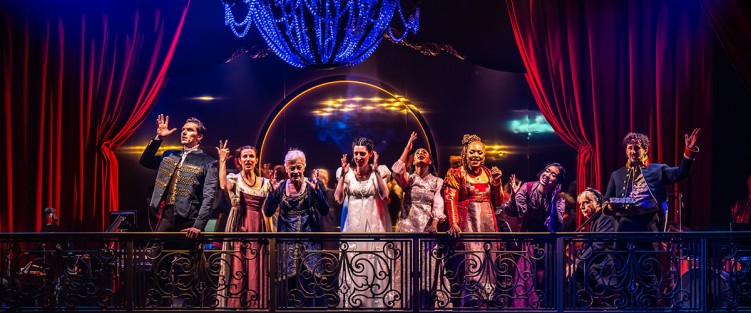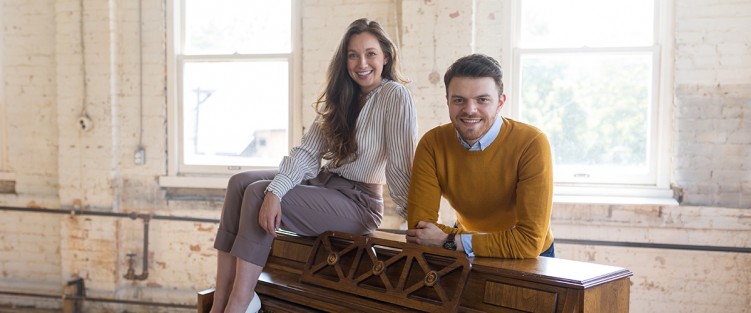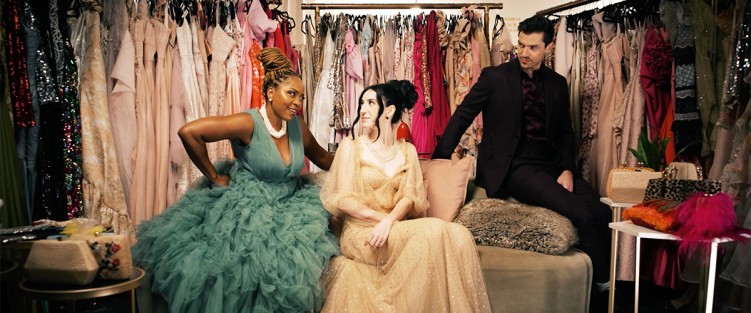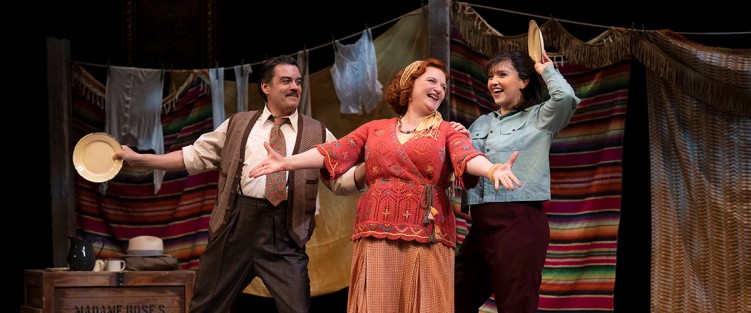Something to Crow About, and a Toast to New Creation
 For months there has been speculation, in “the business” and out, about what the unannounced “secret” seventh show of the upcoming 2024/25 Mirvish season might be. Possibilities mooted have included Beetlejuice and MJ: the musical, among others.
For months there has been speculation, in “the business” and out, about what the unannounced “secret” seventh show of the upcoming 2024/25 Mirvish season might be. Possibilities mooted have included Beetlejuice and MJ: the musical, among others.
The real news is much more exciting.






